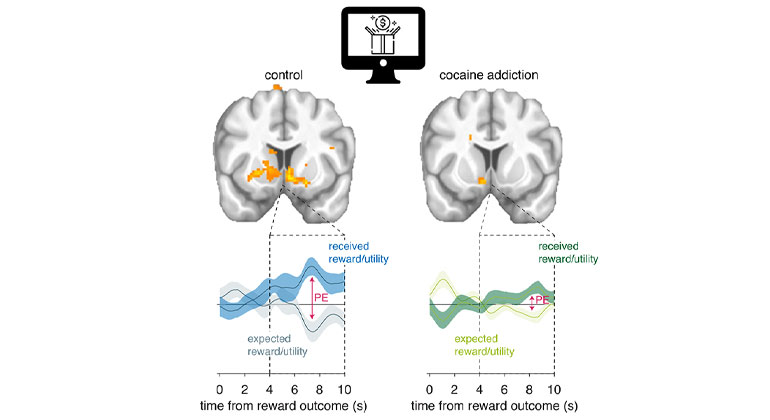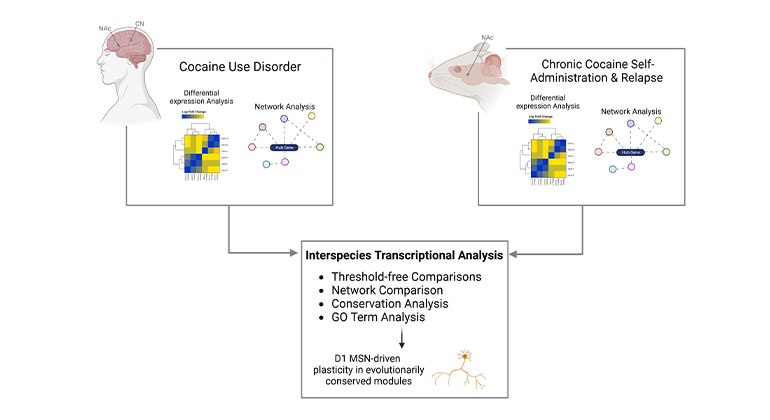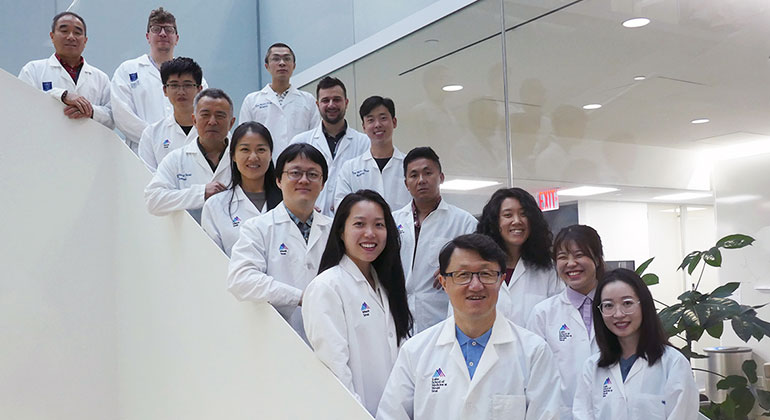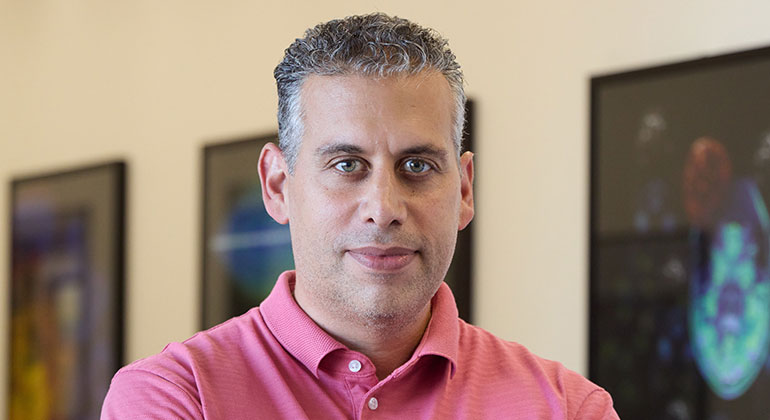A Natural Chemical Found in Grape Seeds May Prevent Development or Progression of Alzheimer’s
Mount Sinai researchers found that polyphenols, a natural extract found in grapes, may help prevent or treat Alzheimer’s disease.
Researchers at Mount Sinai School of Medicine have found that grape seed polyphenols—a natural antioxidant—may help prevent the development or delay the progression of Alzheimer’s disease. The research, led by Giulio Maria Pasinetti, MD, PhD, The Saunder Family Professor in Neurology, and Professor of Psychiatry and Geriatrics at Mount Sinai School of Medicine, was published online in the current issue of the Journal of Alzheimer’s Disease.
This is the first study to evaluate the ability of grape-derived polyphenols to prevent the generation of a specific form of β-amyloid (Aβ) peptide, a substance in the brain long known to cause the neurotoxicity associated with Alzheimer disease. In partnership with a team at the University of Minnesota led by Karen Hsiao Ashe, MD, PhD, Dr. Pasinetti and his collaborators administered grape seed polyphenolic extracts to mice genetically determined to develop memory deficits and Aβ neurotoxins similar to those found in Alzheimer’s disease. They found that the brain content of the Aβ*56, a specific form of Aβ previously implicated in the promotion of Alzheimer’s disease memory loss, was substantially reduced after treatment.
Previous studies suggest that increased consumption of grape-derived polyphenols, whose content, for example, is very high in red wine, may protect against cognitive decline in Alzheimer’s. This new finding, showing a selective decrease in the neurotoxin Aβ*56 following grape-derived polyphenols treatment, corroborates those theories.
"Since naturally occurring polyphenols are also generally commercially available as nutritional supplements and have negligible adverse events even after prolonged periods of treatment, this new finding holds significant promise as a preventive method or treatment, and is being tested in translational studies in Alzheimer’s disease patients," said Dr. Pasinetti.
The study authors emphasize that in order for grape-derived polyphenols to be effective, scientists need to identify a biomarker of disease that would pinpoint who is at high risk to develop Alzheimer’s disease.
"It will be critical to identify subjects who are at high risk of developing Alzheimer’s disease, so that we can initiate treatments very early and possibly even in asymptomatic patients," said Dr. Pasinetti. "However, for Alzheimer’s disease patients who have already progressed into the initial stages of the disease, early intervention with this treatment might be beneficial as well. Our study implicating that these neurotoxins such as Aβ*56 in the brain are targeted by grape-derived polyphenols holds significant promise."
This research was funded by a grant from the National Institutes of Health. Dr. Giulio Pasinetti is a named inventor of a pending patent application filed by Mount Sinai School of Medicine (MSSM) related to the study of Alzheimer’s disease. In the event the pending or issued patent is licensed, Dr. Pasinetti would be entitled to a share of any proceeds MSSM receives from the licensee.
About The Mount Sinai Medical Center
The Mount Sinai Medical Center encompasses both The Mount Sinai Hospital and Mount Sinai School of Medicine. Established in 1968, Mount Sinai School of Medicine is one of few medical schools embedded in a hospital in the United States. It has more than 3,400 faculty in 32 departments and 15 institutes, and ranks among the top 20 medical schools both in National Institute of Health funding and by U.S. News & World Report. The school received the 2009 Spencer Foreman Award for Outstanding Community Service from the Association of American Medical Colleges.
The Mount Sinai Hospital, founded in 1852, is a 1,171-bed tertiary- and quaternary-care teaching facility and one of the nation's oldest, largest and most-respected voluntary hospitals. U.S. News & World Report consistently ranks The Mount Sinai Hospital among the nation's best hospitals based on reputation, patient safety, and other patient-care factors. Nearly 60,000 people were treated at Mount Sinai as inpatients last year, and approximately 530,000 outpatient visits took place.
For more information, visit http://www.mountsinai.org/.
Find Mount Sinai on:
Facebook: http://www.facebook.com/mountsinainyc
Twitter @mountsinainyc
YouTube: http://www.youtube.com/mountsinainy
About the Mount Sinai Health System
Mount Sinai Health System is one of the largest academic medical systems in the New York metro area, with 48,000 employees working across eight hospitals, more than 400 outpatient practices, more than 600 research and clinical labs, a school of nursing, and a leading school of medicine and graduate education. Mount Sinai advances health for all people, everywhere, by taking on the most complex health care challenges of our time—discovering and applying new scientific learning and knowledge; developing safer, more effective treatments; educating the next generation of medical leaders and innovators; and supporting local communities by delivering high-quality care to all who need it.
Through the integration of its hospitals, labs, and schools, Mount Sinai offers comprehensive health care solutions from birth through geriatrics, leveraging innovative approaches such as artificial intelligence and informatics while keeping patients’ medical and emotional needs at the center of all treatment. The Health System includes approximately 9,000 primary and specialty care physicians and 11 free-standing joint-venture centers throughout the five boroughs of New York City, Westchester, Long Island, and Florida. Hospitals within the System are consistently ranked by Newsweek’s® “The World’s Best Smart Hospitals, Best in State Hospitals, World Best Hospitals and Best Specialty Hospitals” and by U.S. News & World Report's® “Best Hospitals” and “Best Children’s Hospitals.” The Mount Sinai Hospital is on the U.S. News & World Report® “Best Hospitals” Honor Roll for 2024-2025.
For more information, visit https://www.mountsinai.org or find Mount Sinai on Facebook, Twitter and YouTube.

Allen Institute Appoints Mount Sinai Neuroscientist as a Next Generation Leader
Nov 16, 2021 View All Press Releases
Mount Sinai Neurobiologist Selected as a Howard Hughes Medical Institute Investigator
Sep 23, 2021 View All Press Releases







